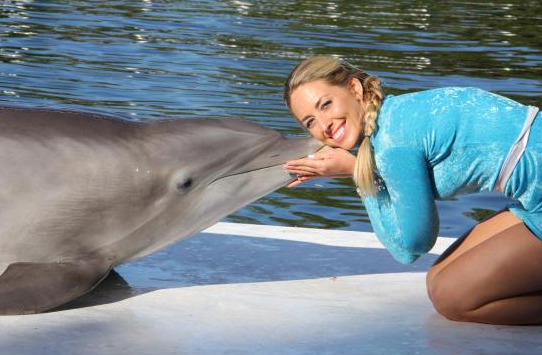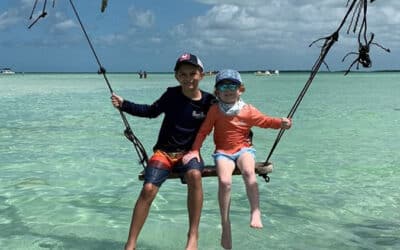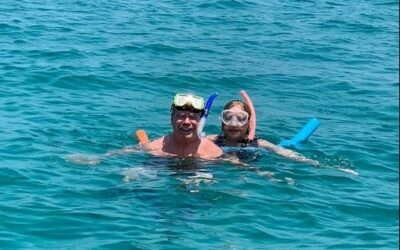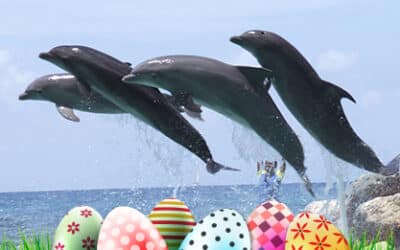The care of all the animals is job number 1 in the Florida Keys. The animals run the show and the trainers and internship make sure the animal have the best care possible. Here are standards that set up..
Animal Care Principles
The health and well being of the animals at the Florida Keys Dolphin Facility in Islamorada takes precedence over all other interests.
- care and maintenance standards which meet or exceed government regulations.
- daily visual examinations, regular veterinary physicals, and routine diagnostics.
- an individualized diet and supplements.
- diet, behavior, and medical records.
- a primary caretaker who is familiar with the individual, his diet, behavior, and appearance
Animal Training Philosophy
- strive to provide an enriching environment for each species housed at the facility.
- seek to understand animal behavior, both innate and acquired (learned).
- view training as a two-way communication, not as a display of dominance.
- recognize and respect each animal as an individual.
- understand that we are placing the value on their behavior and do not consider or refer to behavior as good or bad, but as desired or undesired.
- offer each animal his full diet daily; food deprivation is not a training option.
Animal Training Technique
- Training at Florida Keys Dolphin Facility utilizes operant conditioning techniques based on positive reinforcement. Basically, desired behavior is reinforced and undesired behavior is ignored.
- New behaviors can be taught in a number of ways including targeting, where the animal remains in contact with a target object and is led through the movements of a behavior.
- Behaviors are often shaped in stages called approximations, where a series of gradual steps build up to a final behavior.
- The length or time it takes to train a behavior depends on the animal, the trainer, and the behavior.
- Each trained behavior has a unique signal, such as a hand or verbal cue.
- Another signal, such as a whistle or the word good, is called a bridge and indicates that a behavior has been performed correctly and will be reinforced.
- A reinforcer is anything that increases the likelihood of the behavior, such as food or attention.
- Since any reaction to a behavior is potentially reinforcing, unwanted behavior is ignored.
- With training, behaviors the animals do naturally can be shaped into those performed for shows, programs, and medical procedures.
Animal Training Theory
The following is written by animal behaviorist and author, Karen Pryor:
Training with reinforcement can be used as a window into the meaning of the animal’s natural behavior. The interactive positive reinforcement training setting is an excellent way to become acquainted with the nature and function of an unfamiliar animal species, enables communication to occur on a level considerably exceeding that of usual animal/human interactions and is an excellent tool for the investigation of animal cognition. Conditioning is not only an end in itself, but also a tool to gain knowledge about the animal as a whole. This type of training is rewarding to staff and animals alike.




